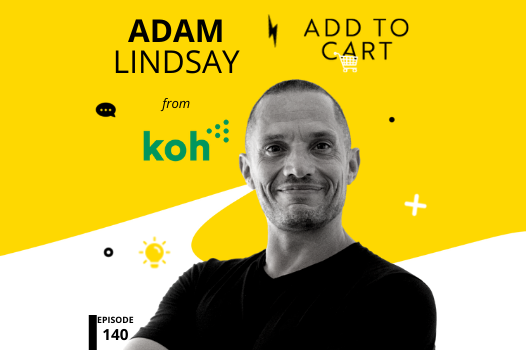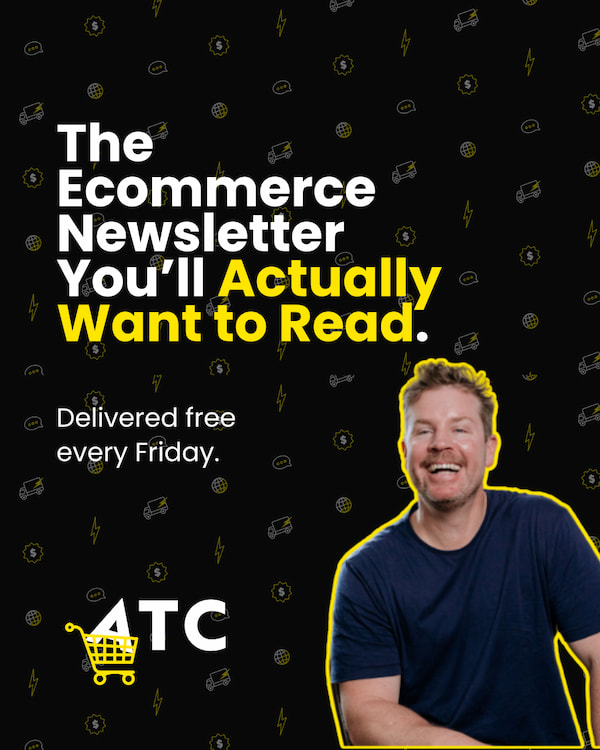In this episode of Add To Cart, we are joined by Adam Lindsay from Koh. Confused by dozens of chemical cleaners, not to mention all the hardware that goes with them, Adam was determined to simplify domestic cleaning and create a simple, safe and effective alternative. Almost five years later, Koh is used in ten percent of Aussie households and the company is on track to hit $50 million in revenue this financial year. In this chat, Adam shares his priorities when it came to developing an eco-certified product, why setting up every weekend at the markets for six months was time well spent and how he managed to get a Doctor of Ionic Chemistry to help him for free – must have been one hell of a sales pitch!
“This is a neglected, stodgy, taken for granted segment that a few large brands are just dining out on and doing nothing to earn those customers.”
Adam Lindsay
Questions answered in this episode include…
- Why did you feel the need to create a cleaning system like Koh?
- What are your top tips for effective product demonstration videos?
- How do you know how many certifications to get to prove that you aren’t ‘greenwashing’?
Believe in your product
“I think we were the only two people who were obsessed by this product. Everyone else around us was looking at us with a side-eye. “They’ve got water-based cleaning products?”
I’ve heard recently that there is a saying…a startup is a concept or an idea that’s held by the founders, but nobody else believes. And that’s kind of it, it’s kind of becoming a bit of a lonely place really, where you’ve got everyone else going, “That’ll never work. What a load of rubbish!”
And that’s one of the early challenges, I think, as a startup, as a founder. Is your idea strong enough? Is your belief strong enough? That you can push on through the nay-sayers and the non-believers? Which we did, because we knew that we had this solution that was just an amazing cleaning product.”
Be good…then be green
“One of the big takeaways was that we’ve got to serve the customer’s need first. The whole point of this idea, and my previous failed entrepreneurial endeavors had been: do something that’s great for the planet. Do something that’s great for people, just make a positive impact. And I think often with eco products, and I’d say in the context of cleaning, if it’s eco, well you’ve got to scrub a little harder with this one, and you maybe even probably have to pay a little bit more. But you know you’re going to be saving the planet. And I’m kind of like, “Well that probably fits about 1% of the population who are going to be prepared to scrub harder, and pay more, to achieve a result that may be there or thereabouts.”
And I said, “No, if we’re going to get a product that’s really going to make a difference, it’s got to be affordable for the 99%, rather than the 1%, and it’s absolutely got to work. It’s got to be equal to, or better, than the incumbents that we’re trying to displace. And it’s got to be easier, and it’s got to be simpler and safer.” It has to hit this customer win. The customer’s got to win first, and then as a product of the customer adopting that, the planet wins.
I just don’t think you can do it the other way around, which is, “Look everybody.” And it’s usually this tone, you get this eco tone and it’s like, “Look everybody, we’ve come up with a product that we really think is going to save the planet. And we’re asking you to pay a little bit more and scrub twice as hard. Will you do it for the planet?”
From farmer’s markets to facebook
“I think that’s an interesting thing about the farmers’ markets. When we went there, it’s the opportunity to listen and engage with customers. It was the opportunity to do the demonstration with customers, hear what they’ve got to say. And what we saw was that there was this validation. We would have other customers from the previous week while we were in mid-demo go, “That stuff actually bloody works.” And we’d go, “Yeah it does, doesn’t it? It’s great.”
So we had this validation. All of those things, engagement, demonstration, and social validation from the farmers’ markets, we were able… thank God, it’s timing, it’s not because we were clever, but we were able to transpose that onto Facebook, and do all of those things that we knew were working so well in the farmers’ markets. And that was a pretty amazing thing.
So if we’d been 10 years earlier, what would I have done? I would’ve had to go to a category buyer at one of the big supermarkets, and they would’ve just looked at me like, “Get lost.”
Links from the episode:
This episode was brought to you by…





